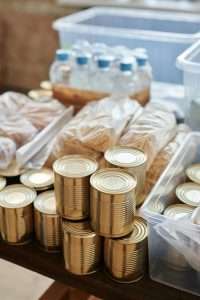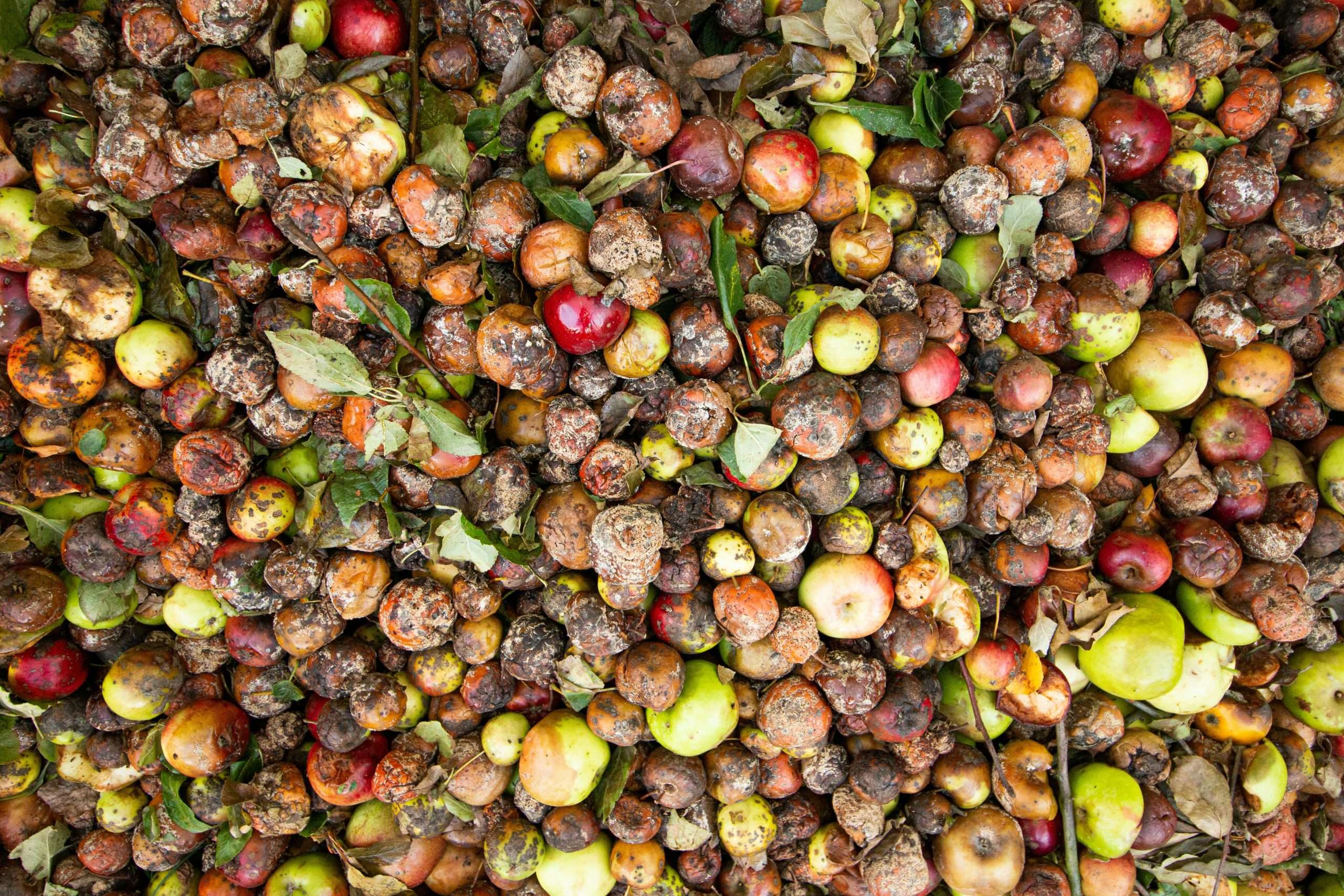Every single day, 1 billion meals are wasted around the world. That’s enough to feed entire populations – and it’s happening while 783 million people go hungry.
Food waste is no longer just a personal or household issue. It’s a global problem that affects climate change, food security and fairness. But there’s good news: with a mix of smarter policy and individual action, we can change the outcome.
The Shocking Reality of Food Waste
When food is thrown away, it’s not just the item in the bin we lose, it’s also:
- The land, water, and energy that are used to grow, process and transport it
- The money and labour invested in producing it
- And the greenhouse gases it emits when it rots in a landfill (especially methane, which is 80x more powerful than carbon dioxide)
In the UK alone, households waste around 6.6 million tonnes of food annually, according to WRAP (Waste & Resources Action Programme). Globally, food waste contributes to 8–10% of total greenhouse gas emissions.
What France Did and Why It Worked
France became the first country in the world to ban supermarket food waste in 2016. Instead of sending unsold food to the landfill, retailers are required to donate edible items to charities. This policy has had a measurable impact:
- Over 10 million meals donated
- A 41% drop in food waste
- Lower emissions and landfill use, with more people fed as a result
This shows the power of government intervention paired with public engagement.

The Bigger Picture: Food Waste Is a Distribution Crisis
The real problem isn’t a lack of food. It’s how food is distributed, consumed and valued. Profit-driven supply chains, overproduction, unclear labelling and outdated habits mean food ends up in bins instead of bellies. But there’s so much we can do – at home, in our communities and in businesses.
What You Can Do
- Plan your meals – Buy only what you need and stick to your list
- Understand labels – “Best before” doesn’t mean unsafe, just not peak quality
- Use leftovers – Get creative with soups, stews, and stir-fries
- Donate extra food – Many food banks accept unopened, in-date tins and goods
- Store smart – Learn how to keep fruit, veg, dairy, and bread fresher for longer
Looking Ahead: A Cultural Shift
Food waste isn’t just about what we throw away; it’s about what we value. Tackling it means embracing sustainability, compassion and smarter systems. Whether through stronger laws (like France’s), better business practices or thoughtful choices at home, everyone has a part to play.
Let’s waste less, feed more and protect the planet one meal at a time!

Resources & References
- WRAP UK: https://wrap.org.uk
- FAO: Food Waste Facts https://www.fao.org
- France’s Food Waste Law: The Guardian Article on France’s Law
- Richard Cohen’s LinkedIn post

